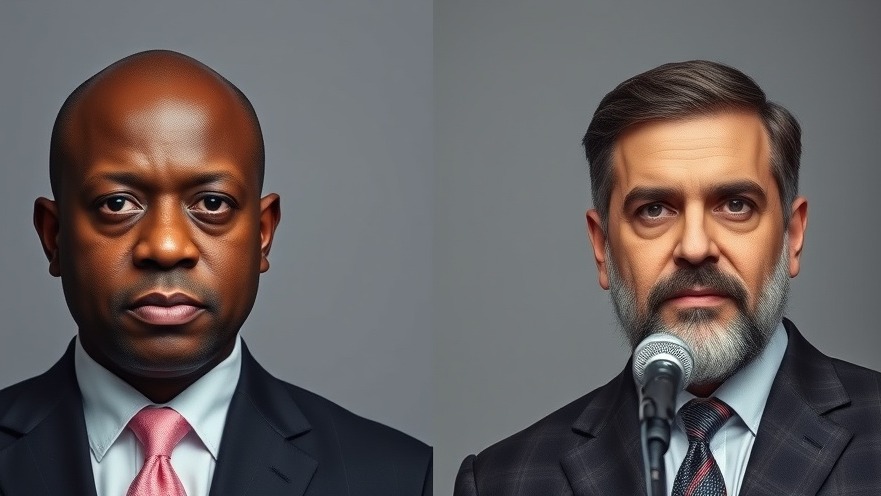
New York's Political Tensions Around Police Support
In a politically charged moment, New York City Mayor Eric Adams is questioning the absence of mayoral candidate Mamdani at several previous NYPD funerals. During a recent press conference, Adams stated, "Where was Mamdani at previous NYPD funerals?" drawing attention to a perceived inconsistency in support for law enforcement amidst his campaign for a socialist agenda. This commentary opens a larger dialogue about the relationship between public servants and law enforcement that continues to evolve in contemporary society.
The Evolving Dynamics of Police and Politics
The question Adams raises is not merely a reflection of his perspective but underscores a complex interplay between policing, community relationships, and political campaigns in urban America. With high-profile incidents of police misconduct and community protests advocating for police reform, the expectations of political candidates regarding police support have shifted. These evolving dynamics have significant implications for both community trust and the electoral landscape, especially in large metropolitan areas.
Historical Context of Police Relations in NYC
Historically, New York City's relationship with its police force has been turbulent, marred by incidents that have sparked significant outrage and demands for justice. The 2020 protests following the death of George Floyd are among the most pivotal moments in recent memory that reshaped public scrutiny towards law enforcement. Candidates like Mamdani find themselves walking a tightrope, balancing support for policing with acknowledgment of needed reforms.
Current Events and Their Influence on Voter Perspectives
As political campaigns gear up for the next election cycle, voters are increasingly vocal about their demand for leaders to articulate clear stances on law enforcement issues. Recent surveys reveal that issues surrounding crime rates, police accountability, and community safety are at the forefront of voters' minds when they choose their representatives. In this context, Mamdani's absence at previous funerals could be seen as a strategic misstep that may alienate certain segments of the electorate concerned with police support.
What These Political Dynamics Mean for New Yorkers
The ongoing discourse about police presence and political responsibility is particularly poignant for New Yorkers, who have experienced firsthand the tension between public safety and civil rights. Adams' questioning serves as a reminder that constituents want to see authenticity in their leaders' commitments to public service. The unfolding narrative between competing political tactics and genuine community representation places pressure on candidates to demonstrate their dedication—not just in rhetoric but in action.
Future Insights: Will Political Alignments Shift?
Looking ahead, it is uncertain how discussions about police reform will play into mayoral campaigns and influence voter decisions. The balancing act between advocating for essential reforms and conveying steadfast support for law enforcement will remain a critical test for candidates. As political tensions mount, those who can navigate these waters effectively will likely resonate more with an electorate eager for effective governance.
 Add Element
Add Element  Add Row
Add Row 



Write A Comment